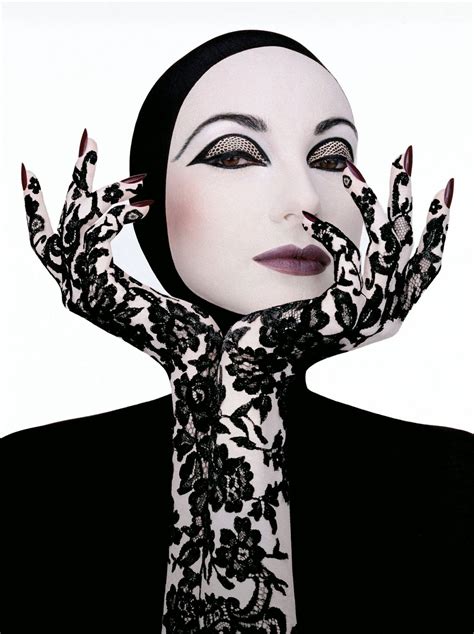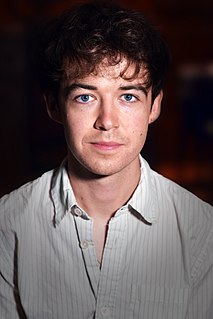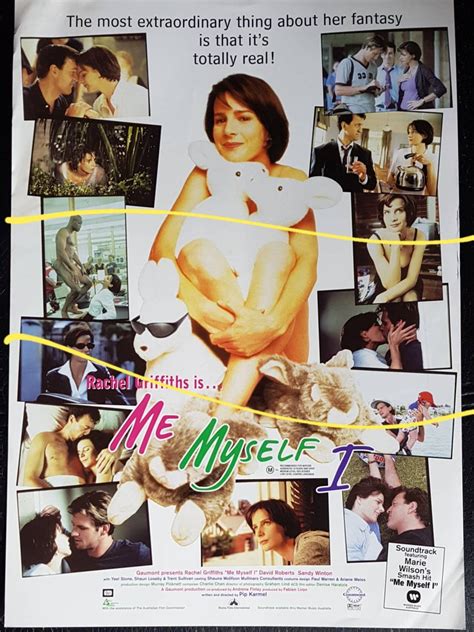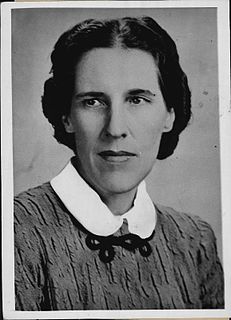A Quote by Serge Lutens
Perfume is a form of writing, an ink, a choice made in the first person, the dot on the i, a weapon, a courteous gesture, part of the instant, a consequence.
Related Quotes
When you're on the street, and, as you're walking along, a woman turns the corner going away from you, and for an instant you have a glimpse of the side of her face, of the gesture of her shoulder, the shape of her body, and you are committed... You are in love for an instant, or your senses are rocked for an instant. That person then disappears and is lost to you forever.
Writing, for me, when I'm writing in the first-person, is like a form of acting. So as I'm writing, the character or self I'm writing about and my whole self - when I began the book - become entwined. It's soon hard to tell them apart. The voice I'm trying to explore directs my own perceptions and thoughts.
It was not a choice of writing or not writing. It was a choice of loving my life or not loving my life. To keep writing was always a first priority.... I worked probably 25 years by myself.... Just writing and working, not trying to publish much. Not giving readings. A longer time than people really are willing to commit before they want to go public.
My first attempt at writing was very unstructured and formless, with shifting points of view. I was trying to understand how long form might work, and I realized I had something shapeless. It was a total car wreck. But I still felt I could pull it off. So I ditched that attempt and started writing in the opposite manner, in first person, with a driving narrative.
...if photos can reproduce the world more perfectly than any painter, can capture an instant, a look, a gesture, then what makes a painting good anymore? Painting subverts this subversion of its traditional nature by redefining itself - art is idea, not simply skillful execution. So, a work can be crudely made, or even machine made - but it has to be practically and functionally useless.
I was a lot dumber when I was writing the novel. I felt like worse of a writer because I wrote many of the short stories in one sitting or over maybe three days, and they didn't change that much. There weren't many, many drafts. That made me feel semi-brilliant and part of a magical process. Writing the novel wasn't like that. I would come home every day from my office and say, "Well, I still really like the story, I just wish it was better written." At that point, I didn't realize I was writing a first draft. And the first draft was the hardest part.




































